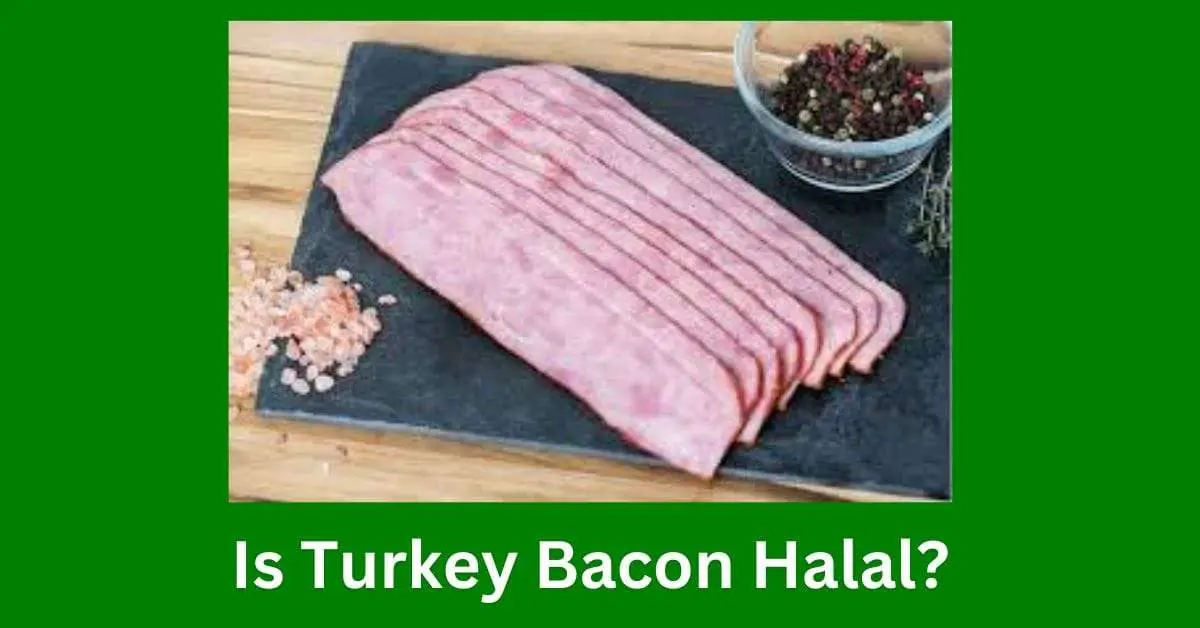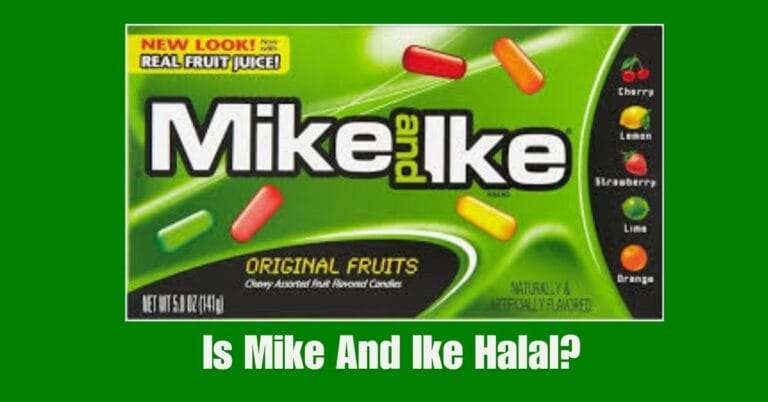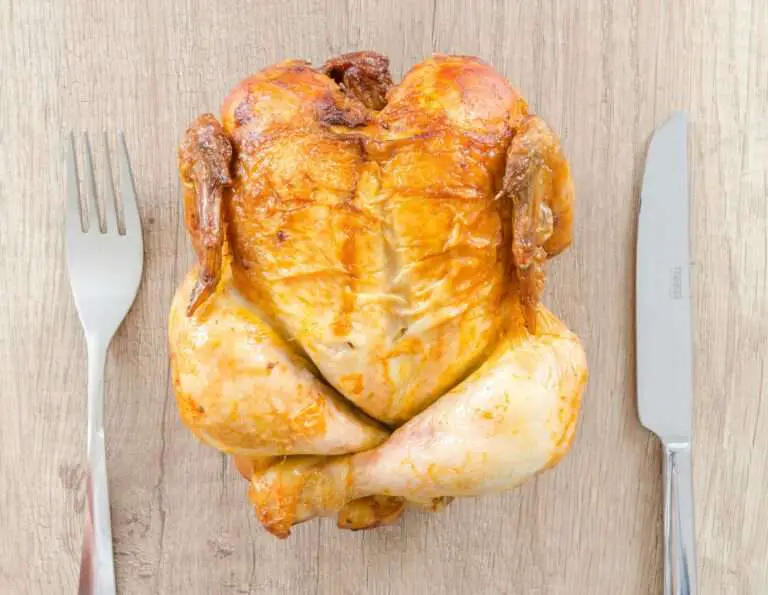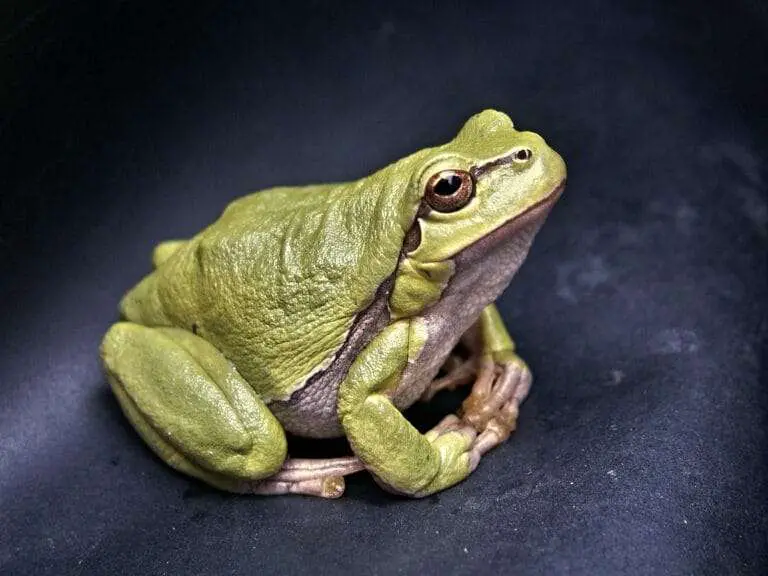Is Turkey Bacon Halal? The Truth Behind This Popular Bacon Alternative
Turkey bacon has become a popular alternative to traditional pork bacon, especially for those seeking a lower-fat or more dietary-conscious option. But for Muslim consumers, the question arises: Is turkey bacon halal? This question is important, as turkey bacon’s ingredients and processing methods may vary, affecting its halal status.
Quick Answer: It depends on the ingredients and how it’s processed.
What is Turkey Bacon?
Turkey bacon is processed meat made from breast or thigh meat, seasoned, smoked, and shaped to resemble traditional pork bacon. Due to its lower fat content, turkey bacon is often marketed as a healthier option. However, from a halal perspective, various factors must be considered, as it may not always meet halal requirements depending on the ingredients used and how it is produced.
Ingredients in Turkey Bacon
To determine whether turkey bacon is halal, the ingredients are key. Common ingredients found in turkey bacon include:
- Turkey meat (breast or thighs)
- Salt, sugar, and spices (such as pepper, garlic powder, onion powder)
- Curing agents (like sodium nitrate or sodium nitrite)
- Preservatives
- Flavorings
While turkey meat itself is halal, issues can arise with other ingredients. For example, some turkey bacon may contain gelatin, rennet, or enzymes, which are often derived from non-halal animals. These ingredients can make turkey bacon haram. Additionally, turkey bacon may be processed in facilities that handle pork, creating a risk of cross-contamination.

Halal Concerns About Turkey Bacon
There are several concerns regarding turkey bacon’s halal status:
1. Use of Non-Halal Additives
Some turkey bacon products contain additives such as gelatin, rennet, or enzymes that could be derived from non-halal animals. These ingredients could render turkey bacon haram.
2. Cross-Contamination Risks
Turkey bacon is often processed in the same facilities as pork bacon, increasing the risk of cross-contamination. Even if no pork-derived ingredients are present in the turkey bacon itself, contamination during production can make the product unsuitable for Muslims.
3. Lack of Halal Certification
Most turkey bacon products on the market are not certified halal, and without this certification, it is difficult to ensure the product meets Islamic dietary laws. It is always safer to avoid products without halal certification.
How to Determine if Turkey Bacon is Halal
To ensure turkey bacon is halal, consider these factors:
1. Look for Halal Certification
Always check for a halal certification symbol on the packaging. This is the best way to confirm that the product meets Islamic dietary standards.
2. Read the Ingredient Label
If the product does not carry halal certification, examine the ingredient list for any animal-derived products such as gelatin or rennet. Avoid products containing non-halal additives.
3. Verify the Manufacturer’s Practices
Check with the manufacturer to verify their production process and ensure that the turkey bacon is free from cross-contamination with pork and is made using halal ingredients.
Halal-Certified Turkey Bacon Brands
Some brands offer halal-certified turkey bacon, which guarantees the product has been made according to halal guidelines. Popular brands include:
- Saffron Road Halal Turkey Bacon
- Al-Safa Halal Turkey Bacon
- Mubarak Halal Turkey Bacon
Look for these brands or similar options when shopping for turkey bacon to ensure it meets halal standards.
Opinions from Islamic Scholars
Islamic scholars generally agree that turkey bacon made with halal-certified ingredients and free from non-halal additives is permissible. However, without halal certification, it is difficult to confirm its halal status, and scholars advise caution.
Halal Alternatives to Turkey Bacon
If you’re looking for a guaranteed halal alternative to turkey bacon, consider these options:
- Beef Bacon: Made from halal-certified beef, this is a great alternative to traditional bacon.
- Chicken Bacon: Halal chicken bacon is another excellent substitute, made from halal chicken meat.
- Plant-Based Bacon: Many plant-based bacon products are halal-certified and made from ingredients like soy or tempeh.
- Halal Turkey Bacon: Some brands produce turkey bacon that is certified halal, ensuring the product is processed and made with halal ingredients.
These alternatives can be found at halal-certified grocery stores or online retailers.
Conclusion
In conclusion, turkey bacon can be halal, but only if it is made with halal-certified ingredients and produced in a halal-compliant facility. Always check for halal certification, read ingredient labels, and confirm that there is no risk of cross-contamination with pork. By choosing halal-certified turkey bacon or halal-friendly alternatives, you can enjoy this bacon alternative while adhering to Islamic dietary laws.
Frequently Asked Questions
Is turkey bacon halal?
- Turkey bacon can be halal if made with halal-certified ingredients and free from non-halal additives or contamination.
Why is some turkey bacon not halal?
- Some turkey bacon products contain non-halal additives like gelatin, rennet, or enzymes, or they may be produced in facilities that handle pork, leading to cross-contamination.
How can I find halal-certified turkey bacon?
- Look for the halal certification symbol on the packaging, and check with the manufacturer to ensure all ingredients and processing methods comply with halal standards.
Are there halal alternatives to turkey bacon?
- Yes, beef bacon, chicken bacon, plant-based bacon, and halal-certified turkey bacon are excellent alternatives.







